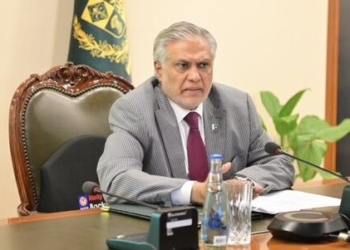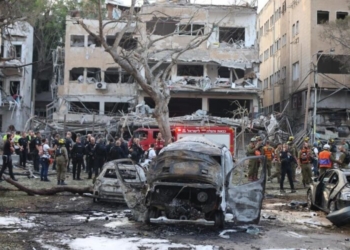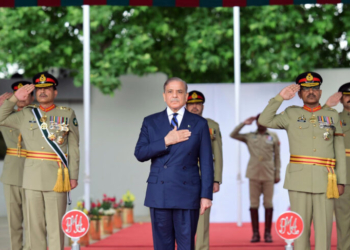Nairobi: The UN Children’s Fund, UNICEF, said on Wednesday that it has appealed for $759 million to provide life-saving support to 16.6 million people, including 12.2 million children, in Ethiopia, Kenya and Somalia in 2023.
Of that, $137.5 million is needed for Kenya. An additional $690 million is required to provide climate-sensitive resilience support to communities across the affected areas in 2023 and 2024, the UNICEF said in a statement issued in Nairobi, the capital of Kenya, Xinhua news agency reported.
The statement follows a visit to northeastern Kenya by UNICEF Executive Director Catherine Russell who on Tuesday met families and refugees struggling to recover from the worst climate-induced drought to hit the region in 40 years.
Russell visited drought-affected Garissa County and the Dadaab refugee camp, a semi-arid town in the county, said even with the onset of rains, it will take time and commitment by the international community for these communities to begin to recover.
“Rain has finally started to come, giving people hope, but it is a long road to recovery. Children are still hungry, they are at risk of cholera, they need to be in school, and many have no prospects for going home,” she said.
According to the UNICEF, after five poor or failed rainy seasons in the last three years in the Horn of Africa, many families lost their cattle, crops, and entire livelihoods, putting the lives of more than 1.5 million children at risk due to severe acute malnutrition.
She said even after recent rainfall, the parched ground is unable to absorb all the water, leading to flooding and further devastation.
According to the UN, drought in the Horn of Africa has been compounded by years of conflict and insecurity, the socioeconomic impacts of COVID-19, and rising food and fuel prices, partly due to the conflict in Ukraine.
It said the cost of cooking oil, bread, and wheat flour across the region remains high in local markets and many families cannot afford the basic necessities to survive.
More than 2.5 million people in Ethiopia, Kenya and Somalia have been displaced due to drought, according to the UN. “As families are driven to the brink, children are going hungry, missing school, forced into child labor or early marriage and becoming sick, including from cholera outbreaks,” it said.
With the cycles of drought followed by flooding, the next devastating crisis may hit before children and their families have had a chance to recover, the UNICEF said.
In Dadaab, near the Somali border, Russell met with newly arrived refugees from Somalia at the Ifo Refugee Camp, where the UNICEF is working with partners to provide nutrition, child protection, and education. She visited a health post providing out-patient health and nutrition services, including for the cholera response, and spoke to families receiving child protection services, including the prevention of child marriage.
“Families continue to arrive in Dadaab from Somalia desperately hoping to survive,” said Russell and lauded Kenya for its renewed support to incoming refugees and the local communities, who are themselves affected by the drought.
“We must respond to these emergencies while building long-term resilience in vulnerable areas,” she said.
The UNICEF said it’s working with governments and partners across the region to support millions of children in need.
Dadaab, the world’s largest refugee camp, was set up in 1991 to house people fleeing conflict in Somalia.
(IANS)












